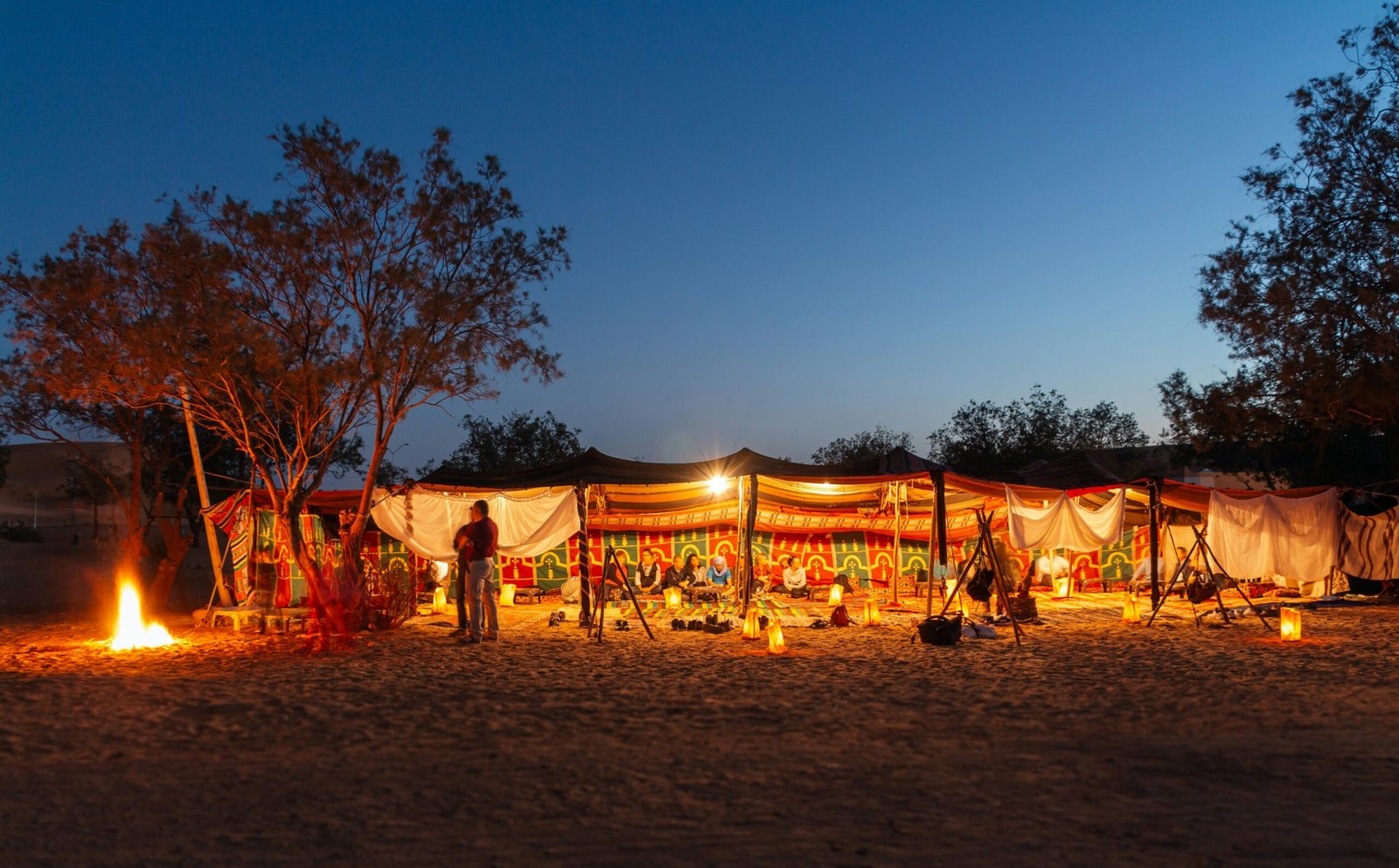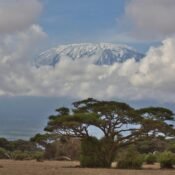
Your First Night in the Wild: What It’s Like Camping in Tanzania’s National Parks
Nothing could be better in travelling than to have slept the first night in the broad African heaven. Some of the most identifiable wilderness in the world is the national parks in Tanzania including Serengeti, Tarangire and Ngorongoro which provide the tourists with a chance to plunge into the world of pure nature. But how does one really feel when he is camping in a tent with the lions, hyenas, and elephants? The night prior to the first one is memorable, excitement, unbelievability, and some level of nervousness. We are now going to have a glimpse of what we will see when we camp in the wild heart of Tanzania.
Arrival at Camp
The sites of the safari campsites lie largely within or near the national parks hence they blend with the environment. After an excellent game drive in the savannah plains, you will arrive at a special camping ground with all over acacia trees. Your guides or camp crew usually pit your tents; big canvas-like safari tents and mosquito nets, comfortable cots and even your own bathrooms in high end camps.
The air is not the same as soon as you get out of the car. It is chilly and has the smell of dust, grass and wild flowers. You are likely to listen to the cries of birds, or the groaning of the elephants. And it is here you can observe that you are no more a spectator but a member of the wild.
Sundowners and Story telling.
As the sun goes down in the horizon, the African sky then explodes with the color of orange, purple, and pink. It is sundowner time, an ancient safari custom where you sit around a cool drink at the end of a day and share the adventures of the day.
Your guide may inform you about the land: the traces of migration of wildebeest, the pride of lions or the tales of existence in the wild. This is an all too near and commercial sensation, as the light descends and the darkness covers the plains in a rush.
This, in a manner, is where the reality of out there sinks on many people. No city lights shine up and it is no honking cars, just great sky of stars up above.
Dinner Under the Stars
Safari camps do not dally with their meals even in the wilderness. The food is normally cooked on open fires or transported with them mobile kitchens. And what pleasance would it be to have fat stews, and roast livestock and fresh vegetables by torchlight?
The table is usually a communal table: a dining table and chairs, candles lit, and sound of crickets and the sounds of the animals in the background. Dollar talk is free-travelers braggart on what they have seen and what they have thought of the bush.
There is something distinctly human in all wild eating. It is fresh yet comforting, it makes one think how easy life would be without the distractions of the modern life.
The Night Sounds of Africa
When at last you go away to your tent, there is yet another magic. The silence is unbearable at the beginning-but never forever. Progressively, the night orchestra enters.
Ergh! hyenas laugh in the distance.
The roar of lions shakes the earth with their deep bellow.
Elephants put on trumpet, and here and there they startle.
The birds and insects form the background noise.
These are sounds that are thrilling and annoying to first time campers. Nevertheless, it is necessary to remember that safari camps are built in a safe manner. Guides and rangers know how the animals will behave and tents, though not fancy are not as unsafe as one may expect.
And now you begin to hear the beat of the bush. And the songs of nature are your lullaby You sleep.
Waking Up in the Wild
One will not forget the first day in a national park in Tanzania. The air is clean and the scent of the air is dew and wild grasses. Gradually, the sun rises with a golden color on the sky and the plains are shrouded in mist.
You can rise to a call of birds or snorting of animals out. Since you have left your tent, you are served hot coffee or tea, another practice of the safari and start an early game drive.
The morning is the beginning of the day and that is the time when the animals move most so you would be rewarded by the sight of lions returning to the hunt, giraffes browsing the trees or a herd of zebras beginning their day.
When to be more Adventurous and When to be Safeguarded.
Camping within the Tanzanian national parks is thrilling because of its roughness and realism but it is well regulated. The campsites are also highly safety conscious: everyone is not allowed to wander off past 9pm without a guide or leave their food unattended and the staff conduct night patrols.
Your leaders shall teach you of simple rules:
Keep in tent When you hear any animals round.
Roam in the darkness using a flashlight.
Do not walk up to the wildlife.
When you have these rules, then you can expect to relax and have the adventure of your lifetime.
The Rationality of this Special Night.
There is something very touching in that first night in the wild. Not merely camping, it is being in touch with nature in its terms. You can see how vast the world is and how small you are in the world but how inter-linked you are.
This has been christened as a transformative night by several travellers. Out of the screens, sound, and time, you are reminded of the beastly interaction of the human and nature world. It will make other people have more curiosity towards conservation and necessity to preserve these incredible ecosystems.
Conclusion
It is not only about that you will sleep in a tent during the first night of your staying in the national parks of Tanzania, but that this is the only method to see nature in its most primordial form. The memory is the memory that is being created with sundowners at sunset to the mysterious music of the African night.
Yes, there may be nerves. And then the delights of shouts and cries outside your tent can surely not at first soothe your slumbers. But in the morning, finding out that you slept in one of the most unreal landscapes of the planet you will keep the memory alive.
Wild camping is an adventure that brings one straight to the ground, excites and changes your view of nature forever. The very beginning of it is the first night under the stars of Tanzania.




